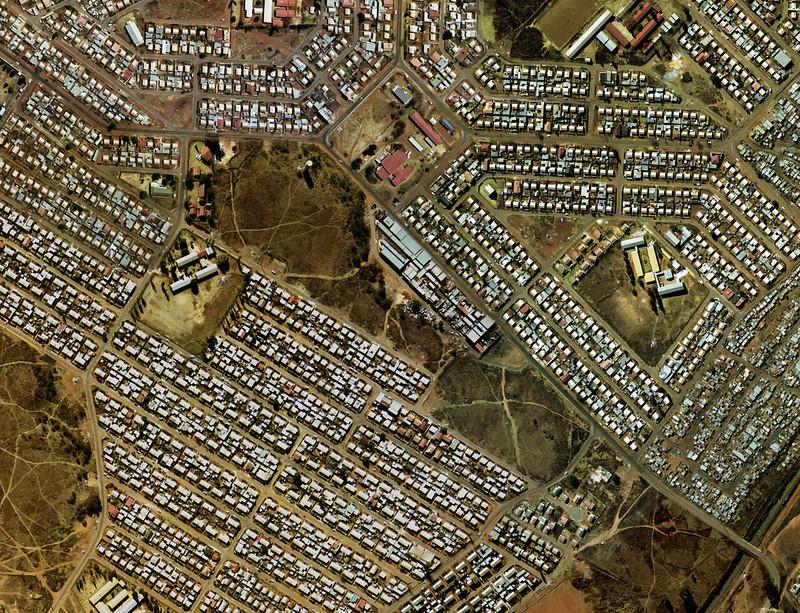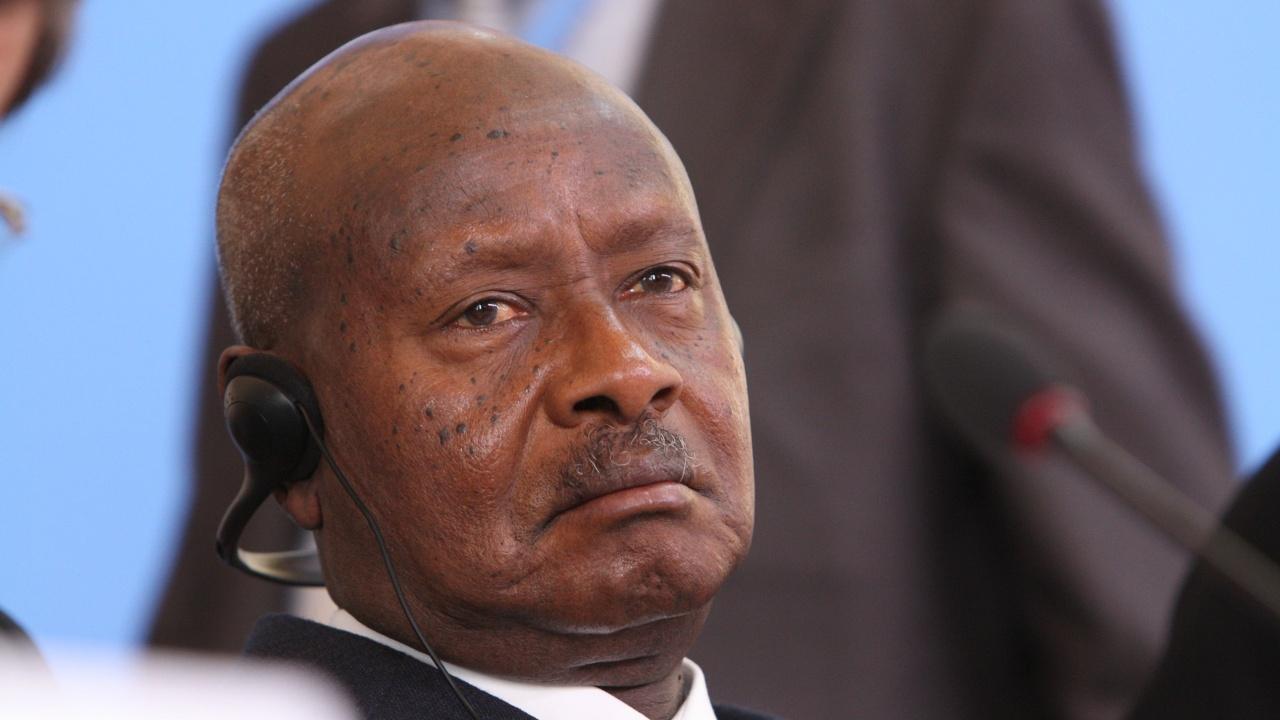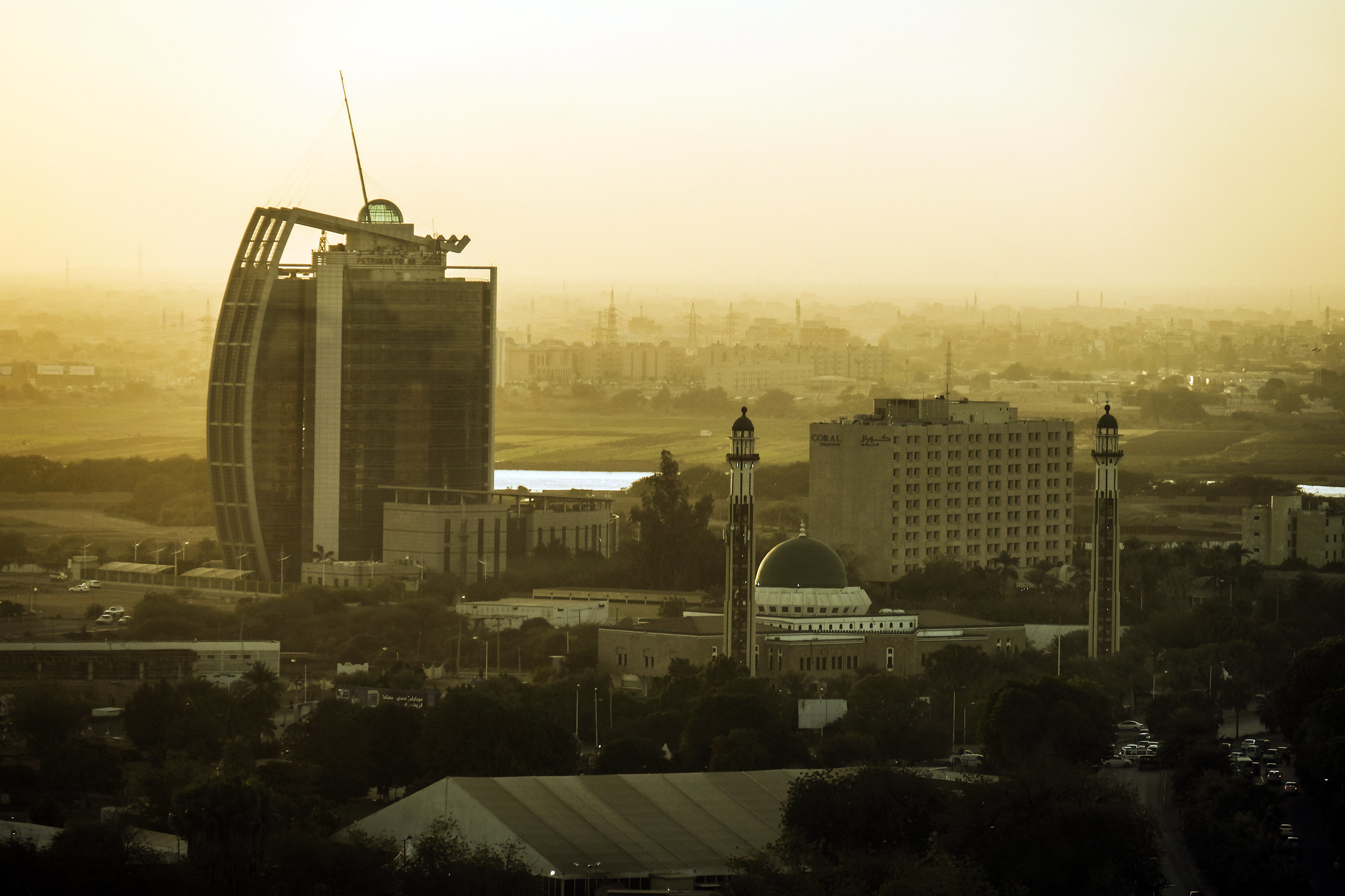Afro-Brazilian and representing Brazil in a continent that wasn’t a foreign policy priority, Raymundo de Souza Dantas had to deal with racism and political difficulties to serve as his country’s first representative to Ghana, write Guilherme Silva Pires de Freitas and Felipe Antonio Honorato.
Afro-Brazilian and representing Brazil in a continent that wasn’t a foreign policy priority, Raymundo de Souza Dantas had to deal with racism and political difficulties to serve as his country’s first representative to Ghana, write Guilherme Silva Pires de Freitas and Felipe Antonio Honorato.
Brazil’s history with Africa
During the colonial period, Portugal dominated Atlantic trade. It had colonies on both sides of the ocean and shipped vast numbers of people from Africa into slavery in Brazil. From the 16th to the 18th century, four out of every ten enslaved people taken from Africa were destined for Brazil where slavery was only abolished in 1888 – the last country in the world to do so.
Post-independence, relations between the South American nation and the African continent were non-existent. In international organisations, such as the United Nations, Brazil chose to support the positions of the Western powers. The country depended economically on France, the United Kingdom, and the United States, and continued to maintain close relations with Portugal, which had a very influential expat community in Brazil.
This changed during Jânio Quadros and João Goulart’s terms as president (1961-1964). They put into practice Brazil’s so-called ‘Independent Foreign Policy’. Instead of aligning with the United States and its allies, a practice common during the Cold War, Brazilian foreign policy began to be conducted with regard to the country’s own interests, not that of its allies.
This represented a major turning point for Brazil-Africa relations and three embassies were established in Accra in Ghana; Dakar in Senegal; and Lagos in Nigeria.
It is at this historic moment that Brazil appointed its first ambassador to an African country: Raymundo de Souza Dantas, the first Afro-Brazilian to hold such a position within the Brazilian diplomatic service, who served at the country’s embassy in Ghana.
Raymundo Dantas and his nomination for ambassador
Born in 1923 in the small town of Estância, in the northeast of the country to a father who was a decorator and his mother who worked as a laundress, Dantas started work while still a child first as a carpenter and then as a blacksmith. He moved to Rio de Janeiro in the early 1940s and there he wrote books, short stories, and began to work as a journalist.
When Dantas was appointed ambassador to Ghana in 1961 his appointment was controversial because he wasn’t a career diplomat. For many people, his appointment was seen as a political move by President Quadros. As a black man, Dantas could present Brazil as a multi-racial democracy, in a continent with which it had a complicated history.
Brazil’s pioneer black ambassador and the issue of racism
During his stay in Africa, which lasted for only a couple of years, Dantas faced explicit cases of racism from his diplomatic colleagues with the Brazilian foreign service. He was unable to occupy the official residence of the ambassador in Ghana for months because the person responsible for the upkeep of the building could not accept having a black boss.
While working in Ghana, Dantas wrote diaries describing his routine in Africa, mainly the difficulties faced by him, his social relations with local people and the feelings of loneliness and helplessness he felt throughout his stay in Africa.
The diaries reveal a constant sensation of contradiction that surrounded him and his work: in Ghana, he became aware that he was Brazilian and Western, and had a deep unfamiliarity with the African continent. Meanwhile, the treatment he received from his own colleagues and the “decorative” role of a Brazilian ambassador in Accra were also concerns. Dantas came to call the embassy a “doomed mission”.
Jânio Quadros, responsible for conceiving the Independent Foreign Policy, resigned as president on August 25th 1961. His successor, João Goulart, the vice president, had other priorities than Brazil-Africa relations and although the embassy remained open, Dantas returned home in 1963.
Brazil’s relations with the African continent have declined since 2013. But, with the return of Lula to the presidency, there is perhaps an opportunity to reverse this direction of travel and for the best and brightest of Brazil’s foreign service to follow in Dantas’s footsteps.
Photo credit: Razvan Orendovici used with permission CC BY 2.0





